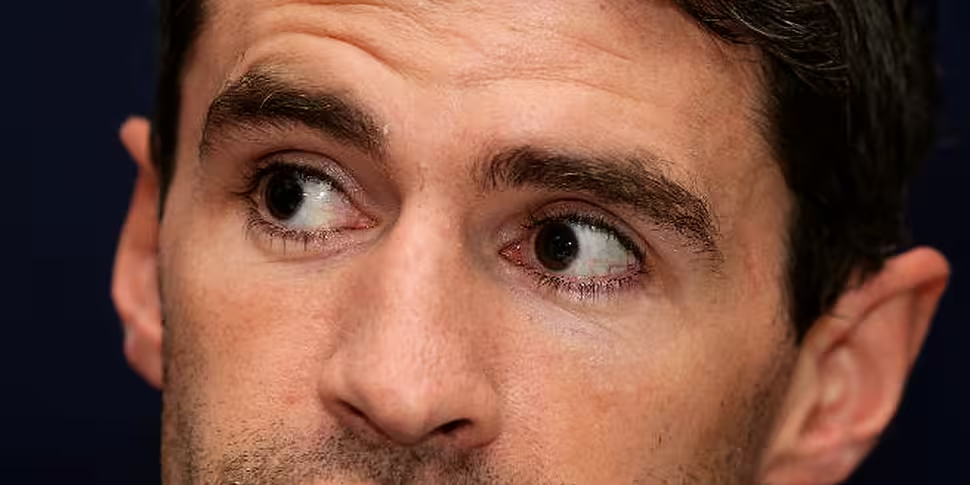I couldn't predict how the next 40 minutes would unfold. As a trainee teacher in an all-boys school, I knew that this lesson - debating the marriage referendum - had the potential to be divisive.
I also intended on keeping my views out of the discussion in order to allow students to develop their own opinions on the specifics of the proposed change. Still, I was not entirely sure how this would work out.
Yet, instead of a rancorous, immature debate, peppered with jokes and nudges, the students displayed a profound empathy - one that took me completely by surprise. Their level of awareness and understanding of what it may be like to be gay, was something that I, as a schoolboy in the 80s and 90s never thought about, let alone discussed.
Here, the pupils showed an automatic recognition for gay people, one that would have been instantly mocked when I was in school, growing up. Though today’s students had opposing views about the referendum, I couldn't help but notice their inherent respect and the unquestioned assumption among the majority of the class, that people, regardless of their sexual orientation, should be treated equally.
Despite all the recent vitriol, evident mainly in the offensive posters of the No campaign, this generation’s attitude of respect is unrecognisable from that which I grew up with. In my hometown, being gay was not fully accepted, or recognised as being part of someone’s identity – instead among some, and critically in school, it was a shaming and popular term of abuse.
"There’s a fear that an insular attitude, still lingers and might surface amid the secrecy of the ballot box. How far have we actually moved?"
The horrible, belittling labels associated with being gay were routinely and indiscriminately flung. Yet I, to my eternal shame, didn't challenge or question this attitude.
As teenagers, we were immersed in a culture of homophobia. Alternative views did not get expressed in the schoolyard, let alone the classroom.
In that climate, it is impossible to imagine a similar debate, to the one, which I witnessed this week, taking place during my school days. A few short decades have helped shatter this historic prejudice.
All the same, there’s a fear that an insular attitude, still lingers and might surface amid the secrecy of the ballot box. How far have we actually moved?
The definition of marriage isn’t some ancient institution that cannot be altered. The reality is that for centuries, marriage was essentially a business contract whereby women were sold into virtual slavery for the price of some livestock. Society has gradually dismantled that misogynistic understanding of marriage.
"Nothing compares to the bravery and strength of people like Ursula Halligan, Rory O’Neill, and the many others who have talked openly about the struggles they have faced."
We now have the chance to improve the institution again, and include everyone regardless of their sexuality.
Having been lucky enough to have played professional rugby for ten years and witnessed some impressive acts of courage and selflessness, I realise now how nothing compares to the bravery and strength of people like Ursula Halligan, Rory O’Neill, and the many others who have talked openly about the struggles they have faced.
I’m hopeful that their inspirational words and actions will convince those who remain undecided to stand on the right side of history.
In this context, a quote from Desmond Tutu, is worth repeating: “If we stay neutral in situations of injustice, you have chosen the side of the oppressor.”
On Friday, we can make a stand against one of the great injustices of our generation and side firmly with the oppressed. It should never have come to this, but we now have a chance to put things right. Vote Yes.









